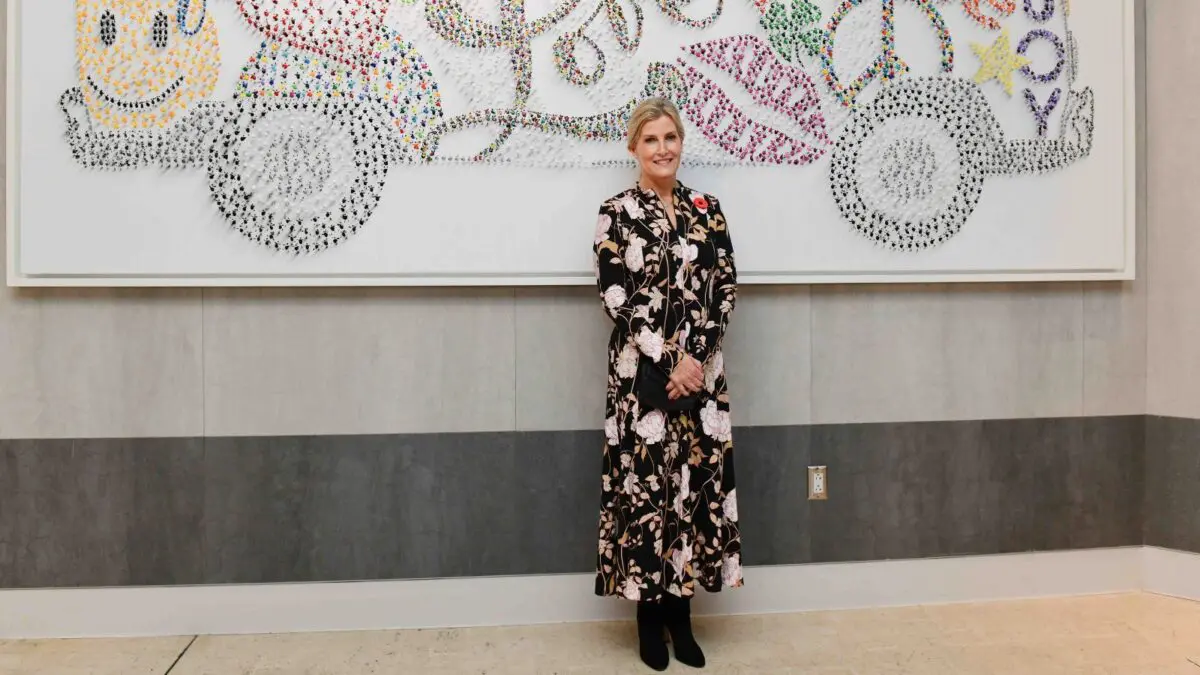Immersive virtual technology is becoming more common in health care, but its use as therapy for the elderly and cognitively impaired is new. Unlike medications, physical barriers or tracking devices, the primary aim of virtual therapy is to relax and distract people with dementia.
Dr. Howard Abrams, Director, OpenLab and Dr. Lora Appel, Lead Investigator, OpenLab and the University Health Network’s OpenLab team are evaluating the benefits of wearable devices that take people with dementia into a virtual world. OpenLab is a collaborative of clinicians, patients, designers, engineers, researchers, policy-makers and filmmakers who, with donor support, are working together to find creative, low-cost ways of transforming the way health care is delivered and experienced.
Based on scientific research and expert consultation, a library of virtual reality “experiences” has been created from various natural settings. The project leads are also working with patients to design a set of personalized virtual reality films based on their own stories and memories.


